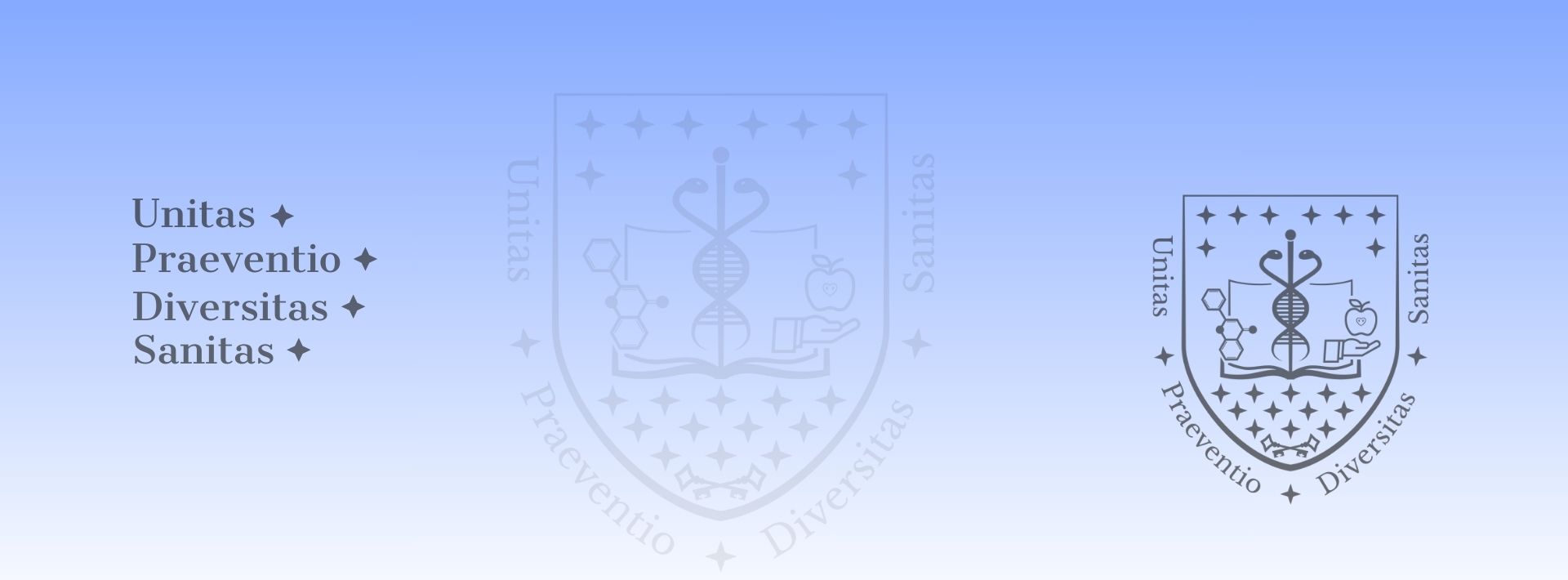Daten
Offizielle Daten in der Fachveröffentlichung für das folgende akademische Jahr: 2024-2025
Lehrbeauftragte/r
-
Marek Erika Mária
associate professor,
Department of Public Health Medicine -
Semesterwochenstunden
Vorlesungen: 12
Praktika: 0
Seminare: 0
Insgesamt: 12
Fachangaben
- Kode des Kurses: OXF-GLE-h-T
- 1 kredit
- General Medicine
- Optional modul
- spring
keine
Zahl der Kursteilnehmer für den Kurs:
min. 5 – max. 16
Erreichbar als Campus-Kurs für . Campus-karok: ETK
Thematik
Social determinants of health (SDHs), particularly socioeconomic inequalities greatly influence the health status and access to healthcare services of both individuals and communities, consequently leading to health inequalities globally. The aim of this course is to draw the attention of medical students to the existence and effects of these disparities, and also to show their roles and opportunities in reducing inequalities as future’s medical doctors. The course will also equip students with open-minded and empathetic attitude in approaching recent global problems from global perspectives.
Vorlesungen
- 1. Principals of global health: importance, basic definitions, key global health issues. Health as a basic human right. Particularly vulnerable populations globally. - Marek Erika Mária
- 2. Social risk factors and social determinants of health (SDH). Main indicators of global (health) inequalities. Reducing inequalities at society and individual level. - Marek Erika Mária
- 3. The UN Sustainable Development Goals (SDGs) with a special focus on reducing health inequalities. Actors of global health initiatives (UN, WHO, CDC, ECDC, etc.). Most significant and well-known Global Health Initiatives (GHIs) and health promotion programs (i.e. WHO Health Emergencies programme, The Global Fund to fight AIDS, tuberculosis and malaria, etc.). - Marek Erika Mária
- 4. Global health threats and challenges 1. Pandemics. Historical overview and lessons learnt: from Black Death to Covid-19 (including smallpox, Spanish flu, Ebola, HIV, SARS, MERS, etc.). - Katz Zoltán
- 5. Global cooperation in the fight against pandemics: sharing of scientific research results, common development of vaccinations, and medications. Repurposing of existing medications. Future perspectives. - Katz Zoltán
- 6. Global health threats and challenges 2. Natural disasters and complex humanitarian emergencies. Case studies. - Marek Erika Mária
- 7. Global health threats and challenges 3. Man-made disasters and ongoing armed conflicts: their consequences on individual and community health, and healthcare systems. Humanitarian response: local and global initiatives in supporting refugees of wars and disasters. - Marek Erika Mária
- 8. Environmental health: the global and local effects of climate change: effects of global warming on the spread of infectious diseases. Climate migration: its background and consequences (pollutions, aridity, desertification, failure of crop-lands and famine). - Marek Erika Mária
- 9. Nutrition inequalities and global health: malnutrition vs overweight. Global nutritional differences and their health consequences. Health promotion programs aiming to improve nutritional status of communities. - Marek Erika Mária
- 10. Lifestyle factors and global health: effects of ’western lifestyle’ on health: stress, fast food and sedentary lifestyle, and alcohol and drug abuse: their health consequences. Globally different approaches to prevention. - Marek Erika Mária
- 11. Cultural and religious differences and health: traditions, beliefs, regulations and different views: the role of traditional healers in different cultures, trust in western healthcare and the situation of women in different societies (gender roles and inequalities). - Marek Erika Mária
- 12. Final assessment - Marek Erika Mária
Praktika
Seminare
Materialien zum Aneignen des Lehrstoffes
Obligatorische Literatur
Vom Institut veröffentlichter Lehrstoff
Skript
Empfohlene Literatur
Richard L. Skolnik: Global Health 101., third edition. Jones and Barlett Learning, 2016. US. ISBN 978-1-284-05054-7
Climate change. Activities of Selected Agencies to Address Potential Impact on Global Migration. United States Government Accountability Office, GAO-19-166, 2019 https://www.gao.gov/assets/700/696460.pdf
ECDC technical document. Climate change and communicable diseases in the EU Member States. Handbook for national vulnerability, impact and adaptation assessments
https://www.ecdc.europa.eu/sites/default/files/media/en/publications/Publications/1003_TED_handbook_climatechange.pdf
Voraussetzung zum Absolvieren des Semesters
Active participation at lectures (85% at least), and successful completition of the final written test.
Semesteranforderungen
Written test based on the lectures and the recommended readings during the last occasion.
Möglichkeiten zur Nachholung der Fehlzeiten
Based on preliminary discussion with the course leader.
Prüfungsfragen
The exam will be based on the lectures and the recommended readings.
